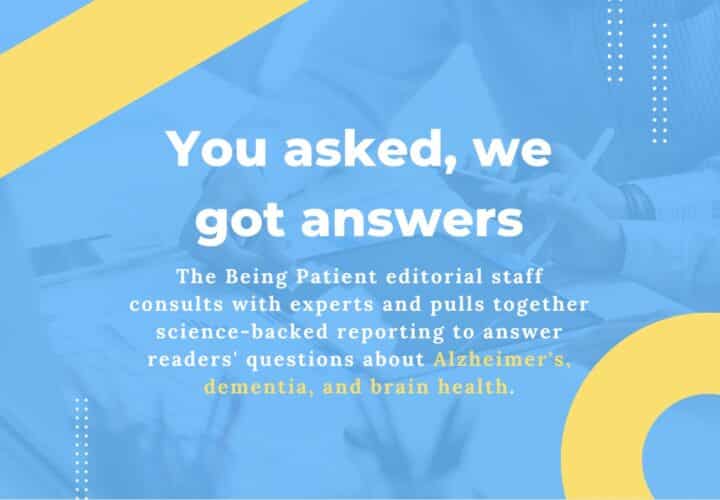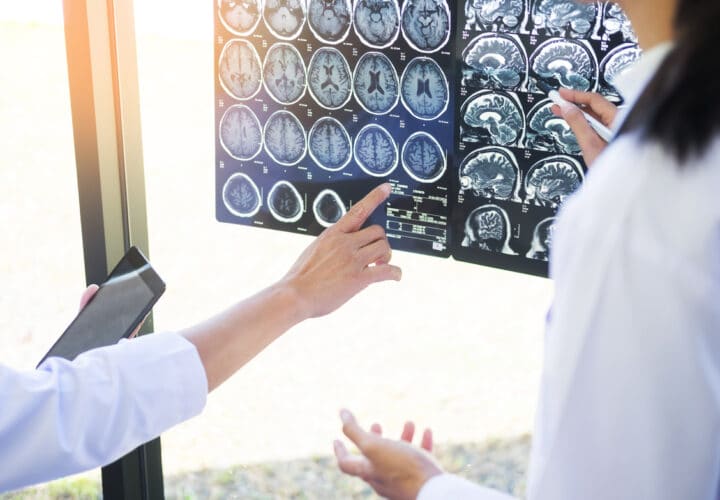FAQ: “What measures can be taken in order to reduce symptoms associated with mild cognitive impairment due to age-related memory decline?”
Reducing symptoms of mild cognitive impairment
As people age, it is common to experience a decline in memory and other cognitive abilities. This can be especially concerning for those who have mild cognitive impairment (MCI), a condition that can be a precursor to Alzheimer’s disease.
Brain health supplements for memory and cognitive impairment
There’s a veritable Wild West of brain health and memory supplements on the market to address just this issue. The bad news is that, in addition to being expensive, these supplements aren’t regulated by the FDA or any other regulatory body, leaving them free to make unfounded claims, to promote junk science, and even to be produced in ways that are unclean, or to contain ingredients that are unvetted and potentially dangerous.
The good news? There are several lifestyle changes that aging adults can take to help reduce symptoms associated with MCI.
Exercise regularly
Regular exercise has been shown to be an effective way to improve memory and overall brain function. Engaging in physical activity can help increase blood flow to the brain, promote the growth of new brain cells, and improve overall cognitive performance. After recent analysis of 28 scientific studies on exercise, aerobic exercise, even in small spurts, has a beneficial impact on brain health.
Stay mentally active
Keeping the brain active can also help reduce symptoms of MCI. Reading, playing a musical instrument, learning a new language, and engaging in certain other hobbies that challenge the mind have all been shown to be potentially effective ways to keep building cognitive reserve and to maintain cognitive function.
Maintain a healthy diet
The link between specific foods or nutrients and a healthier brain is tough to study and even tougher to prove. But mounting research shows that eating a diet rich in fruits, vegetables, whole grains, and lean protein can help support overall brain health. Antioxidants and omega-3 fatty acids, in particular, have been shown to be beneficial for brain health.
Sleep well
No, there isn’t any magical, specific amount of sleep every brain needs to stay healthy. But, good, quality sleep is essential for good health and can also have a positive impact on cognitive function and it turns out the quality of sleep is important.
Memories are consolidated and processed during the stage of sleep known deep sleep. The REM stage of sleep is also connected to memory. Learn more about the latest research on sleep and cognitive impairment here.
An Expert’s Secrets to a Better Night’s Sleep—And a Healthier Brain
Control medical conditions
Chronic medical conditions such as hypertension and diabetes can contribute to cognitive decline, so it’s important to keep these conditions under control. Work with a doctor to manage any medical conditions and monitor blood sugar and blood pressure levels regularly.
Limit alcohol and caffeine consumption
Are you drinking too much coffee? Some studies show that both alcohol and caffeine can disrupt sleep and contribute to cognitive decline. Limiting alcohol and caffeine consumption can help reduce symptoms of MCI.
Manage stress
Studies show that chronic stress can have a negative impact on the brain, so it’s important to find effective ways to manage it. Scientists are studying the benefits of relaxation techniques such as mindfulness, deep breathing, yoga, and meditation.
How Stress Changes Your Brain: An Interview With a Stress Expert
Stay social
Social support can be a valuable resource for aging adults. Engaging with friends and family and participating in community activities can help reduce feelings of loneliness and promote overall well-being. In fact, one study of people 90 years and older found that social interaction of at least 8 hours a day kept Alzheimer’s from progressing, even in people who had hallmarks of the disease.
Consider brain stimulation therapies
Cognitive training and other brain stimulation therapies have been shown to be effective in reducing symptoms of MCI. Work with a doctor to determine if this type of therapy is right for you.
Talk to your doctor
Finally, it’s important to work with a doctor to understand the best course of action for reducing symptoms of MCI. Medications and supplements can be helpful, but it’s important to work with a healthcare provider to determine the right course of treatment.
Aging adults with mild cognitive impairment can take steps to reduce symptoms and improve cognitive function. By following these guidelines and working with a doctor, aging adults can take an active role in maintaining their cognitive health as they age.





